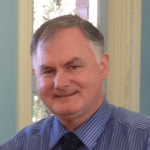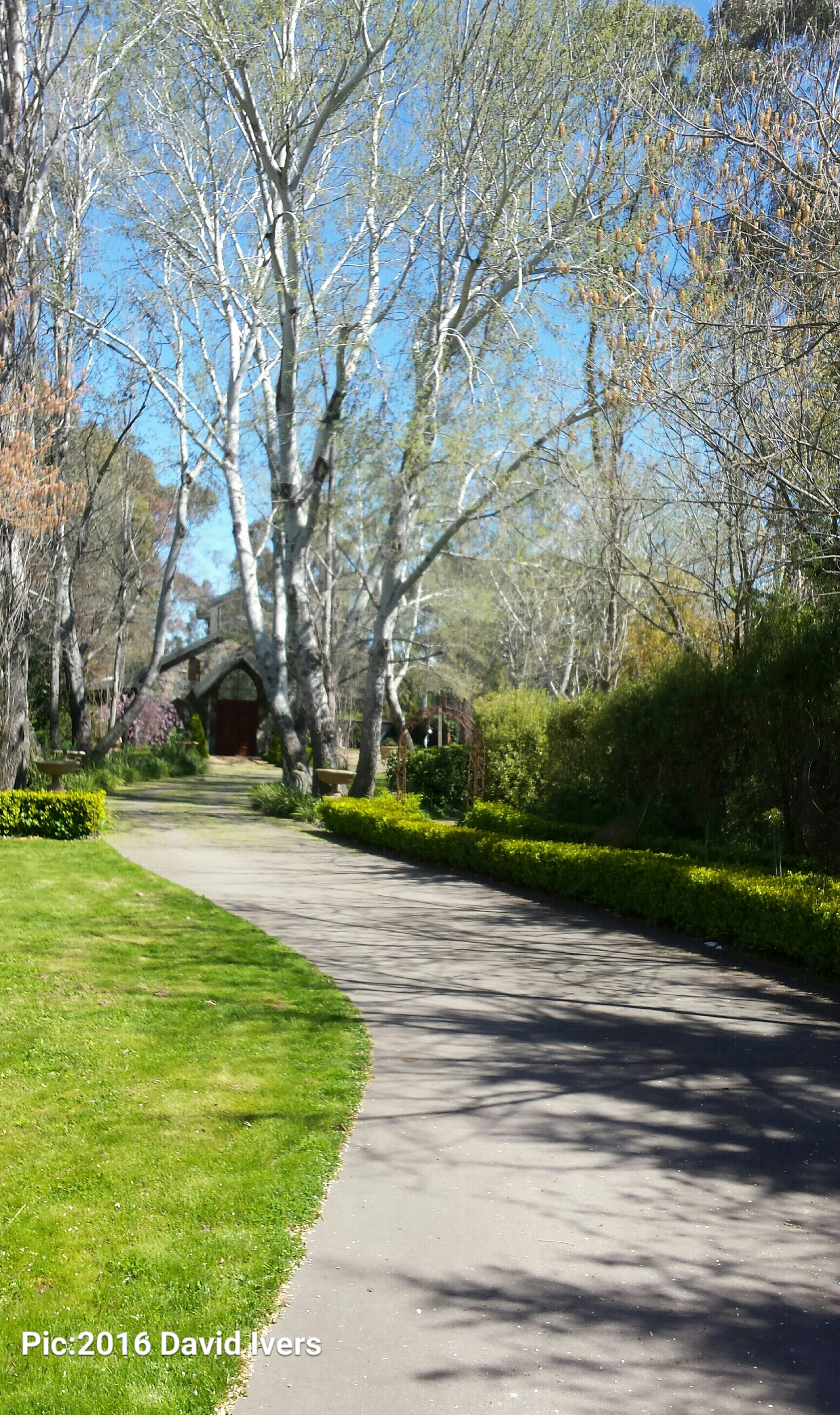“Every moment of life presents us with the possibility of creative novelty. No one has to think or act as he or she has been taught to think or act. To be all there is to be fully present for each moment. And that means imaginatively transcending the daily round and in so doing to be transformed…To be human is to be passionately committed to something that grasps and transforms us.”
(Professor Charles Birch. Emeritus Professor of Biology, University of Sydney).
(Birch, C. (1991). On Purpose. Kensington, University of New South Wales Press. p4).
This statement from Professor Charles Birch, reminds us that for a person to transform their life, requires a passionate commitment to something. Yet, every year, thousands of people make a ‘New Year’s Resolution’ and almost as many end up falling short. There could be many reasons but a likely one is that the process they engage in, is too singular. To expect a couple of well intentioned resolutions, made on a single day, that generally last no more than one month, made amidst the excitement of a New Year beginning, is too little with not much follow up. Thankfully, there is a process that can enhance the likelihood of achieving set goals, yearly and as a result become passionately committed to those things that add value and purpose to your life.
According to Professors Robert Kegan and Lisa Laskow Lahey from Harvard Graduate School of Education, a part of the problem is our ‘Immunity to Change’. “Resistance to change does not reflect opposition, nor is it merely a result of inertia. Instead, even as they hold a sincere commitment to change, many people are unwittingly applying productive energy toward a hidden competing commitment. The resulting dynamic equilibrium stalls the effort in what looks like resistance but is in fact a kind of personal immunity to change.”
Kegan, Robert and Lahey, Lisa L. (2011). The Real Reason People Won’t Change. https://hbr.org/2001/11/the-real-reason-people-wont-change
According to Kegan and Lahey, most people can identify the change they want to make but few move beyond this. They argue that whilst they can identify the ‘Improvement Goal’ and the actions required to achieve this, few think of going further than this, to achieve personal transformation. Typically, there will be ‘Behaviors That Work Against The Goal’, competing forces that seem to never be there on ‘New Year’s Eve’. For example you may have the goal of improving your overall wealth by 10%. This is an admirable goal but if you are paying off Credit Card debt and the holiday period has added further to it, with all of the best intentions in the world, change will not happen until such a competing force is identified and a strategy to overcome it deployed.
According to Kegan and Leahy, this is a necessary step to identifying your ‘Immunity to Change’. In addition, there are also ‘Hidden Competing Commitments’. Taking the Credit Card example, increasing repayments and halting any further use may seem obvious, until an unforeseen situation occurs that compromises this strategy. It might be a medical bill, a car repair bill or an unexpected increase in an insurance premium. These hidden commitments have the immense power to derail your personal change agenda. Please note that this is merely an example and not financial advice. If you are concerned about financial issues, you should consult a licensed financial adviser / counsellor in your jurisdiction. Doing so, may well help you overcome your ‘Immunity to Change’ (at least financially).
Once strategies to overcome these are in place, Kegan and Leahy would argue it is necessary to then ask questions that revolve around the ‘Big Assumptions’. These may be things that are often taken for granted. Typically the questions to be asked here are:
* What would happen if I do nothing at all?
* If I could achieve this change, can I visualise what my life would be like?
* If I change my context slightly, does this address my ‘Big Assumptions’, ‘Competing Commitments’ and ‘Hidden Commitments’, my big worries?
The ‘Immunity to Change’ worksheet can be found at the Harvard Extension School Website. Go to: http://www.extension.harvard.edu/sites/extension.harvard.edu/files/atoms/files/ext_immunity_map_0.pdf
Having worked through this process, the development of a ‘Personal Plan’ is a simple, concise way to put the personal change agenda into action. This author uses a very simple matrix ‘Personal Plan’ (See Below). A good ‘Personal Plan’ has the power to give direction to life, to that which you are passionate about and as a result, can truly be transformative.

The plan once developed needs to be reviewed two to three times a year. The key is to not overdo or be overly ambitious in the personal change agenda. One to two, certainly no more than three items per area is more than sufficient. The areas of focus are:
* Family and Friends (notice the use of the personal pronoun ‘We’. This item is first because at the end of the day, we all belong to a family and often rely on our family for support, for physical, emotional and perhaps even spiritual nourishment).
* Health and Well-Being (Looking after yourself is essential and note that Well-Being is not simply the absence of illness but includes how you genuinely feel about yourself and your life).
* Study (Formal and Informal) (Life should be full of life-long learning opportunities. These may be formal opportunities, such as a Certificate, Diploma or Degree. It may include informal learning opportunities, such as reading this article, travel, conferences and the like).
* Career (Obviously linked to study but includes career goals, short term, mid-term and long term).
* Wealth Creation (One of the purposes of work is to ensure you have enough money to be financially independent and thus retire if you wish. With careful planning and proper advice from well qualified financial professionals, you can create a better financial world for yourself)
* Inner-Life and Well-Being (This is the ultimate question. How will you look after your internal life. Will you engage in meditation or journal writing? Are there books or short courses that could help you learn more about you? How do you hone the art of ‘aloneness’, spending quality time with yourself versus loneliness which is often not a friend to well-being?).

This plan can easily be used with a ‘Vision Board’. For someone in a relationship, completing the personal plan independent of each other and then sharing your plan with your partner has many advantages. Firstly, it allows your partner a closer look at your world and secondly, allows for discernment as to how you might support your partner. Thirdly, it allows the couple to discern where the common ground lies in the two plans and may even lead to the construction of a ‘Joint Plan’.
If you have ever wondered how some people just seem to live constantly in the ‘magic of life’, consider that they have given thought to what they are passionate about in life, overcome their ‘Immunity to Change’ and developed a ‘Personal Plan’ which is revised throughout the year and rewritten annually. In short, they have a plan! What will yours be?


